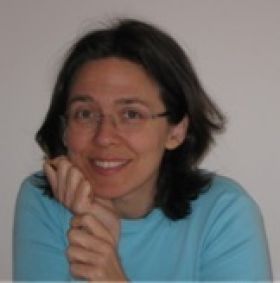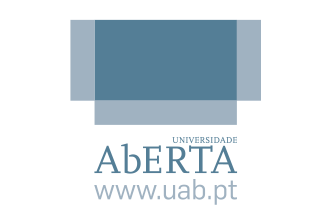Course Overview
The goal of the course climate change: the context of life experiences is to introduce the concept of climate change in the context of sustainable development, relating the concept with the lived experiences of each one of us; for example adapting and mitigating its effects, such as floods, lack of water, the sea level rise, coastal erosion, and others.
Learning Objectives
Some of the key issues that we look to develop in this course are:- How is climate change likely to influence our society and our day-to-day?
- How can we evaluate what we are told about what to do about climate change, so we make our decisions in a rational and informed manner?
- How can our decisions and behaviors influence the future of society and the planet?
This course is not intended to determine what should be done, but to help you to understand and critically analyze the guidelines prepared under a variety of perspectives. With this in mind, we will discuss the perspective of science, politics, economics and the social component of climate change, as well as its connection to sustainability.
Outcomes
Topic 1. Introduction. What does science tells us about climate change ?
Skills to develop:
- capacity to understand and critically analyse and reflect on the learning material;
- demonstrate knowledge and understanding of Earth's climate system: its fundamental components, external factors / drivers of the system; mechanisms of climate change; modeling and climate simulations ; climate history; prediction of future climate change;
Topic 2. Economics and climate change
Skills to develop:
- ability to understand and criticise the conventional approach of neoclassical economics when applied to climate change, and the key concepts of innovation and market failures;
- ability to critically engage in cost-benefit analysis associated with interventions related to climate change;
- ability to understand the possible alternative approaches to global economics of climate change, bearing in mind the conclusions of the Stern report;
- ability to use the acquired knowledge and understanding to engage with others and perform cost-benefit analyzes on issues related to climate change.
Topic 3. Policy on climate change: a perspective of political science
Skills to develop:
- ability to understand the main concept in political science and how the issue of climate change began to appear on the political agenda.
- knowledge of key actors at national and international level in the debate on climate change and identification of their interests and goals in the entire political process;
- ability to know and understand major international conferences, protocols, mechanisms, targets and negotiable agreements on climate change;
- ability to understand the main reasons for the difficulties and conflicts of the whole process for obtaining an effective policy for global climate change agreement.
Topic 4. The sociological perspective on climate change
Skills to develop:
- knowledge and understanding of how sociologists, based on the information in the basic sciences, see climate change as a social construction;
- critical assessment of climate change as a social construction through social relations of power and inequality obvious in local and global institutions;
- understanding of the relationship between "individual action" and "social structure" in addressing the issues and actions associated with climate change;
- recognition of the growing importance of sociology in addressing the issues of climate change.
Topic 5. climate change: integration of perspective in the context of sustainable development
Skills to develop:
- the ability of knowledge of simulation models that assess and predict, in an integrated manner, information on the causes, effects and possible solutions to combat climate change;
- capacity for analysis, discussion and integration of the problematic of climate change not only from the scientific point of view of the phenomenon itself, but also in accordance with the economic, political and social perspectives, not forgetting the interconnection between the different scales of analysis and the overlap and relationship between the different approaches and interdisciplinary perspectives.
Functioning of the course
The course runs between 06th of April and 22nd of May 2016, and has a total duration of six weeks. The first week is dedicated to initiation module. The remaining weeks are divided into five topics.
It is expected that participants study independently, exploring the resources available for learning, researching and exploring other relevant materials on their own, elaborating learning activities and reflecting on their learning experience. This process involved the development of artifacts (texts, videos, presentations, mind maps, etc.) that demonstrate your understanding of the topics under study, and skills in applying that knowledge. It is also expected that each one participate and take an active role in the dialogue around the topics that will be addressed, contributing significantly to the knowledge being created. Course participants are responsible for their own learning, contributing dynamically to knowledge created by the learning community.
Course Structure
- Lesson 1 - Boot camp - 06 to 09 April
- Lesson 2 - Learning schedule
- Lesson 3 - What the science tells us about climate change?
- Lesson 4 - Economics and climate change
- Lesson 5 - The climate change policy
- Lesson 6 - A sociological perspective of climate change
- Lesson 7 - Climate change: Integration of perspective in the context of sustainable development
Teacher
Paula Nicolau
Assistant Professor at the Open University (Portugal). I integrate the Centre for Functional Ecology CEF team of the University of Coimbra (Portugal), and collaborate with the Laboratory of Distance Education and eLearning[LE@D] at the Open University(Pt). My main research interests include the teaching of Biological Sciences and Environmental Sciences, particularly in the context of e-learning, Education for Sustainable Development and Environmental Microbiology. I'm Coordinator of the Master in Environmental Citizenship and Participation at the Open University (Pt).




